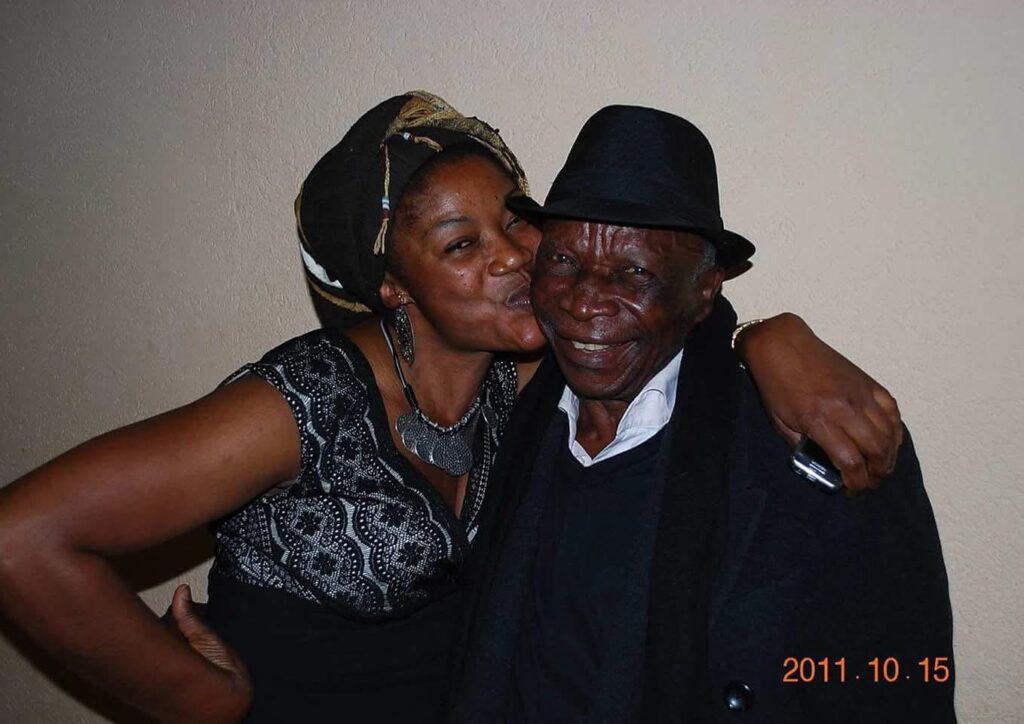Healing often begins where the wound was first made. For many Africans in the diaspora, the pain of displacement, identity loss, and cultural erasure can’t be resolved with passports or policies. It requires something deeper: a return to the source.
For Susan (Enih) Tatah, that source is Bantu Ngwokwong Bamenda, a small village nestled in the North West Region of Cameroon. It is her roots, but also the symbolic ground zero of her journey from caregiver in Germany to cultural leader and Pan-African visionary.
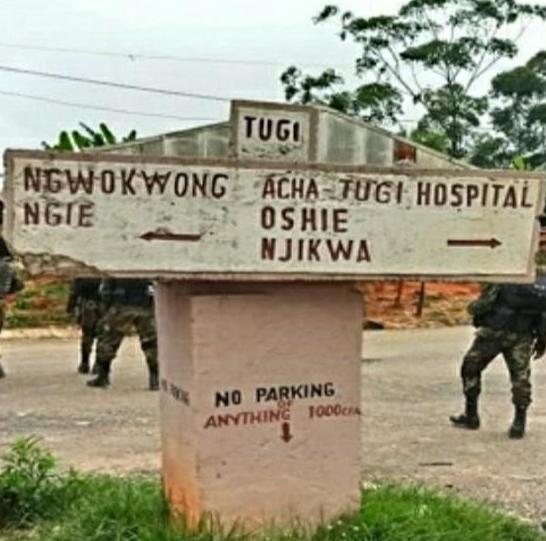
The crisis, now in its ninth year, has further scarred the region. Children no longer attend school safely. Cultural spaces are destroyed or militarized. Yet amidst this pain, a quiet resistance persists: memory.
In returning to Bantu Ngwokwong Bamenda, the documentary team seeks not just to capture scenery, but to document survival. Elders share stories of pre-colonial life. Healers explain the power of herbs still growing wild. Youth, disconnected from their traditions, listen for the first time
Healing the past means acknowledging it—not romanticizing it, but restoring what was broken. Susan’s vision includes building a heritage learning center in the village—a space where African youth, from Cameroon, Africa and the diaspora, can reconnect with lost knowledge. Plans are underway for cultural exchange programs, digital archiving of oral histories, and sustainable tourism rooted in dignity and respect. “If our children do not know our ways, they will always feel like guests—even in their own land.”
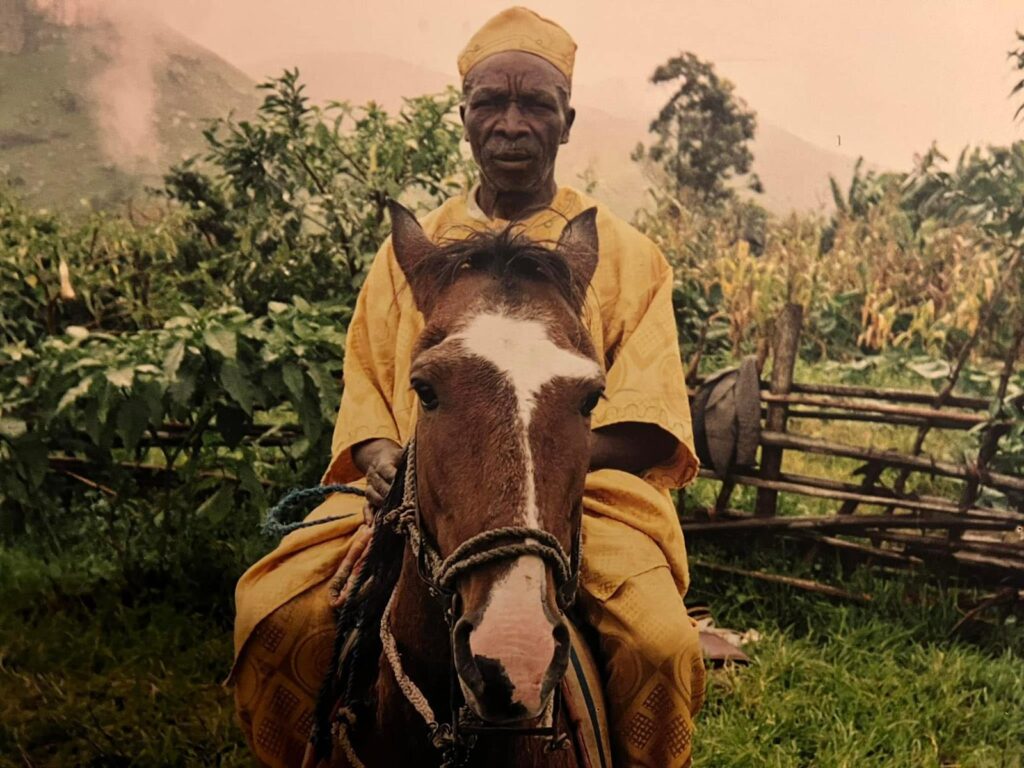
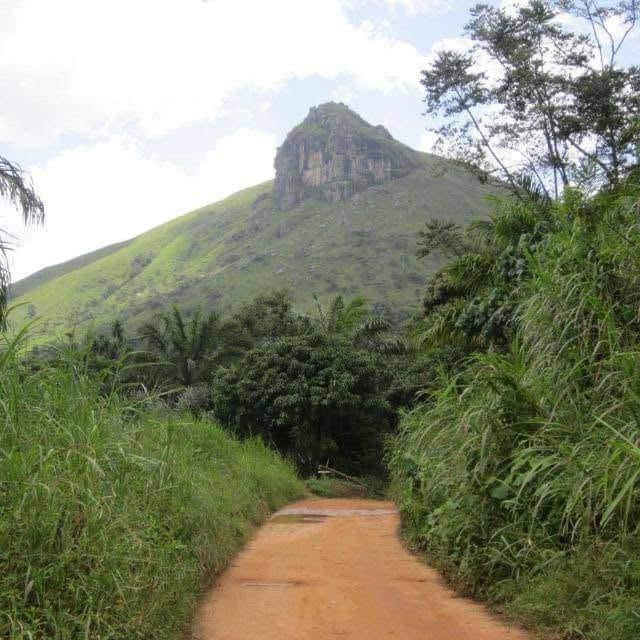
Bantu Ngwokwong Bamenda, like many villages, has faced decades of neglect—first by colonial governments, then by post-independence elites. But what it has not lost is its soul. The village is home to sacred sites, including two Rocks “King” is what you see and the “Queen” lies on the opposite side, not visible on this image. These natural monuments have long been used for traditional healing, fertility blessings, and ancestral communion.
Long before hospitals or NGOs, people came to this place to be made whole—not just physically, but spiritually.”
These rituals were passed on orally through generations, protected by custodians of indigenous knowledge. In these spaces, women played central roles as healers, guardians of land, and storytellers. But colonialism, and later armed conflict, disrupted this cycle of memory.
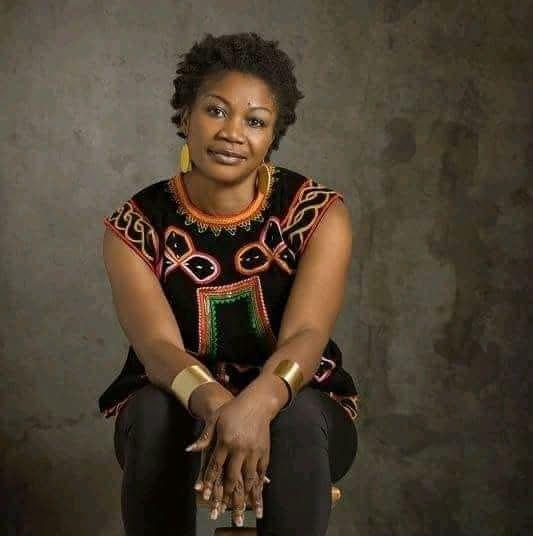
We cannot change history. But we can decide what we carry from it. By returning to the source, we remember not just where we came from—but what we still have to give.
Bantu Ngwokwong, Bamenda, is not the end of the story. It is the root. And from roots, something stronger always grows.
The return to Bantu Ngwokwong Bamenda, is not nostalgic, it is strategic. By investing in heritage, The Africa We Want seeks to offer an Africa centered narrative to the legacy. Africa is not a broken past, but a living source. As the 25th edition of the Afrika Festival Tübingen looks forward, it also looks inward. Healing the past is not only personal, it is political, economical, spiritual, and collective.
